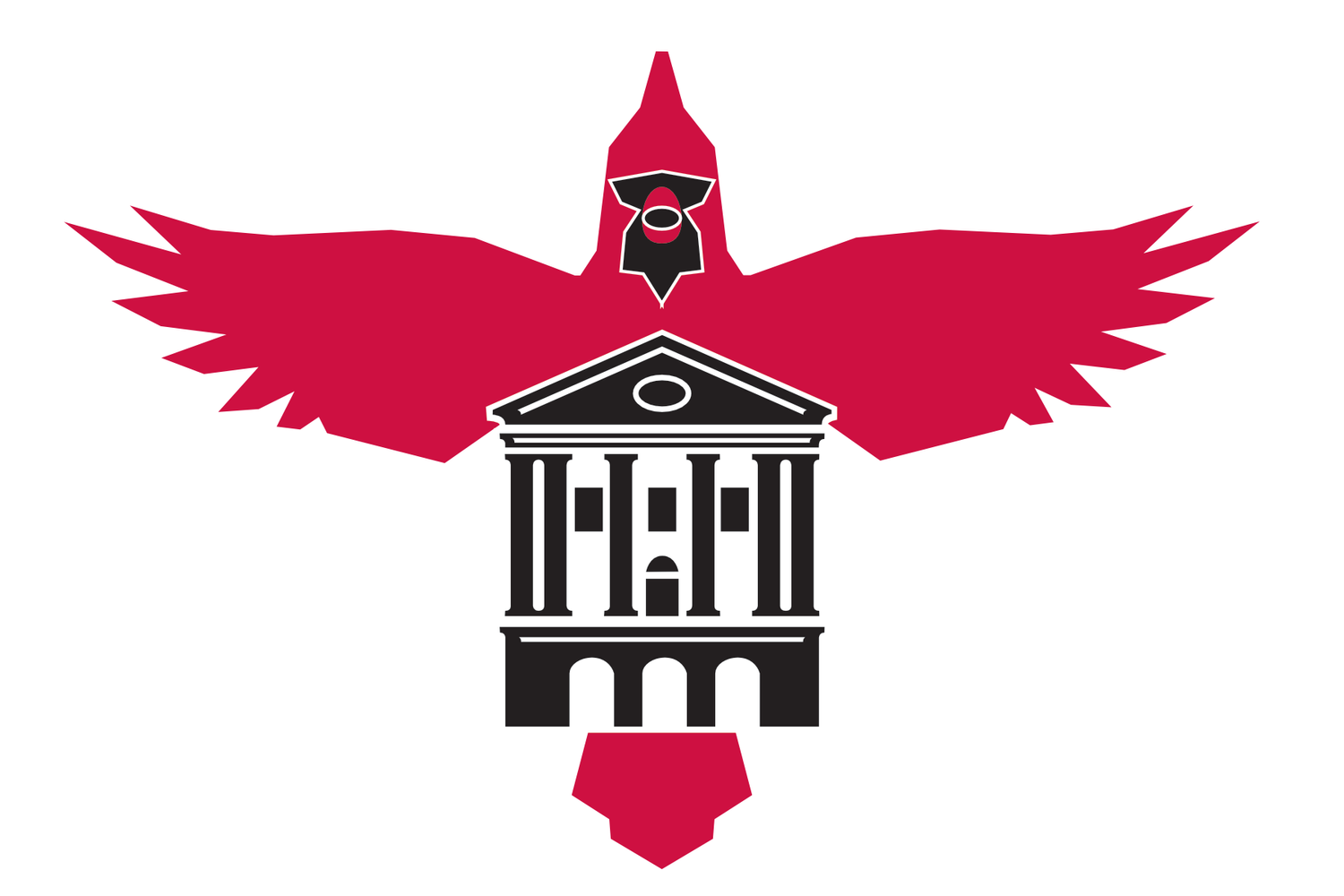'A difficult, but meaningful, era'
I write in response to your "Well, What Happened?" summary printed in the summer issue of the DCAA newsletter. While the summary is, to my knowledge, generally correct, I take issue with some of its characterizations.
I was heavily involved with the Cardinal from 1990 to 1993, including a year as managing editor (1992-93). As the article states, this was, indeed, a time of "high turnover and rapid de-politicization." It was an extremely trying time to be in a responsible position at the Cardinal, both because of the political battles that wracked the staff and because our serious, long-running financial woes were starting to come to light.
As the article states, those political battles did include an attempted "purge," which was an ill-advised and destructive attempt to re-create the Cardinal of the '60s and '70s. I opposed it at the time. However, I must say that it was not merely a "few 'hard left' editors" who attempted the putsch -- rather, it had significant support among the staff, though several editors did lead the effort.
It is also a vast overstatement and factually erroneous to say that "[i]n the politically correct era, white male writers were deemed unsuitable for editorships, or writing assignments for which they were not, by virtue of gender, race or other circumstance, innately sympathetic. These writers soon left." My election to the second-in-command post belies this, and I worked with many white male editors during the so-called "politically correct era."
Further, it was indeed Cardinal policy -- and, I still think, an excellent one -- to attempt to have people with backgrounds that harmonized with a particular issue write stories on that issue. However, as a writer, I covered many issues for which I was not, "by virtue of gender, race, or other circumstance, innately sympathetic." The policy was never designed to be exclusive, rather inclusive. It was perhaps abused by some editors in their zeal for "purity" in this regard; however, in its best incarnation, this policy gave otherwise marginalized voices a chance to speak for themselves and exposed the Cardinal staff and readership to perspectives almost completely lacking in mainstream media. The "What Happened?" article takes a narrow and erroneous view of the early '90s Cardinal's efforts to be something other than a typical college newspaper.
Having stuck it out through these hard times, I applaud the continued existence of the Cardinal and appreciate the hard work that goes into it. I am also excited about the DCAA and am thankful for the efforts of its leadership. Thank you for allowing me to present a more balanced picture of a difficult, but meaningful, era.
